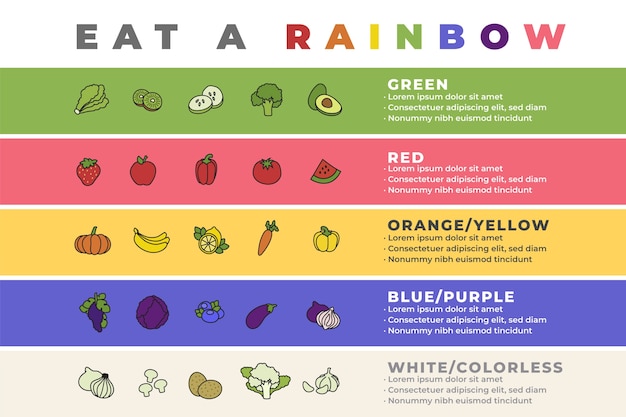Interesting Facts About Food Chains

The food chain is a complex network that connects all living organisms.
In the food chain, plants are the primary producers, converting sunlight into energy through photosynthesis.
Herbivores are animals that solely feed on plants, making them primary consumers in the food chain.
Carnivores are animals that primarily eat meat, making them secondary consumers.
Omnivores have a more varied diet, consuming both plants and animals.
Decomposers, such as bacteria and fungi, play a vital role in the food chain by breaking down dead organisms.
The balance of the food chain is crucial for the survival of all species.
Humans are at the top of the food chain, but their actions can have far-reaching effects on the entire ecosystem.
The food chain is a delicate web, and any disturbance can lead to imbalances and consequences.
Each organism in the food chain relies on others for their energy needs.
The food chain represents the interdependence of all life forms.
Predators play a vital role in regulating populations and maintaining the health of ecosystems.
A diverse food chain ensures genetic diversity and resilience in ecosystems.
The length of a food chain is determined by the number of trophic levels it encompasses.
The energy in the food chain typically decreases as you move up the trophic levels.
Human activities, such as deforestation and overfishing, can disrupt natural food chains.
Interesting Facts About Food Chains part 2
Food chains are interconnected, forming food webs that depict a more accurate representation of nature.
Animals on higher trophic levels require a larger amount of energy to sustain themselves.
The extinction of a single species can have cascading effects on the entire food chain.
The food chain is a dynamic system that continuously adapts to changes in the environment.
The ocean is home to many intricate food chains, sustaining countless marine species.
The polar regions have unique food chains due to extreme cold and limited resources.
The food chain can be studied through the analysis of predator-prey relationships.
The concept of a food chain was first introduced by Charles Elton in 19
The biodiversity of a specific habitat influences the complexity of its food chain.
The study of food chains helps scientists understand the intricate interactions within ecosystems.
The disruption of one trophic level can cause a chain reaction throughout the entire food chain.
Humans have the responsibility to protect and preserve the delicate balance of food chains.
Food chains can vary significantly based on geographical location and climate.
The study of food chains helps scientists predict the impact of environmental changes on ecosystems.
Invasive species can disrupt native food chains by outcompeting or preying upon local species.
The food chain is a constant struggle for survival, as organisms compete for limited resources.
The trophic cascade occurs when changes in one trophic level affect multiple levels in the food chain.
The efficiency of energy transfer between trophic levels is relatively low.
Overfishing disrupts marine food chains and can lead to the collapse of fish populations.
The concept of the food chain applies not only to animals but also to microorganisms and plants.
The interconnectedness of food chains highlights the importance of conservation efforts.
In some ecosystems, detritus food chains play a significant role in nutrient cycling.
Human activities, such as pollution and habitat destruction, can disrupt the natural flow of food chains.
Understanding food chains helps us make more informed decisions about agriculture and land use.
The length of a food chain can vary from a few organisms to many different trophic levels.
Food chains are dynamic systems that can adapt to changes in the environment over time.
Some species have adapted to survive in extreme environments by developing unique food chains.
Predators at the top of the food chain have a vital role in maintaining the balance of ecosystems.
Food chains provide an important perspective on the intricate connections between organisms and their environment.